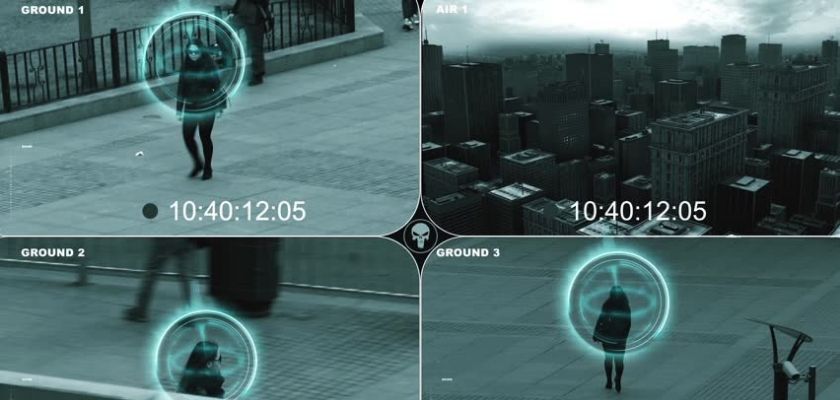A Chinese company that has ties with Google and IBM is manufacturing and selling spying devices to authoritarian regimes, The Intercept reports.
According to the report, the company, Semptian, is using another, iNext, as a front – citing unnamed sources. The clientele includes North African and Middle Eastern dictators, the website said.
Semptian itself is a member of the OpenPower Foundation, which was set up by Google and IBM.
As part of the technical non-profit’s push for “innovation” in China, Semptian works with IBM and another US company, Xilinx, to produce microprocessors that can analyze large quantities of data in a short amount of time.
The device that the Intercept said Semptian is selling to dictators spies on phones by recording conversations and text messages.
In a previous report earlier in the week, the website said the company was also providing Chinese authorities with technology that it uses in mass surveillance projects.
The Intercept writes that a reporter, posing as a potential customer, received emails from Semptian that said the company was selling its products outside of China, including in North Africa and the Middle East (MENA).
A company’s representative, Zhu Wenying, said in an email sent in April that the Aegis system used for surveillance of phones and of the internet was deployed in other countries.
Although he refused to name the countries, Zhu said that Semptian would not do business only with Iran and Syria in that part of the world.
And one of those countries where the system has been deployed is “covered whole,” according to the emails.
The company touts Aegis’ ability to “store and analyze unlimited data,” while letting government agencies obtain location information “for everyone in the country.” Another use of the system is for censorship, as it can block access to online content.
But Aegis is not the only surveillance system in Semptian’s portfolio: there are three more, and according to the emails cited by the website, some of them have been sold to MENA countries.
And while tools of this kind have also been used in the West for many years – the Intercept sees their deployment in countries with poor human rights records as particularly problematic.













